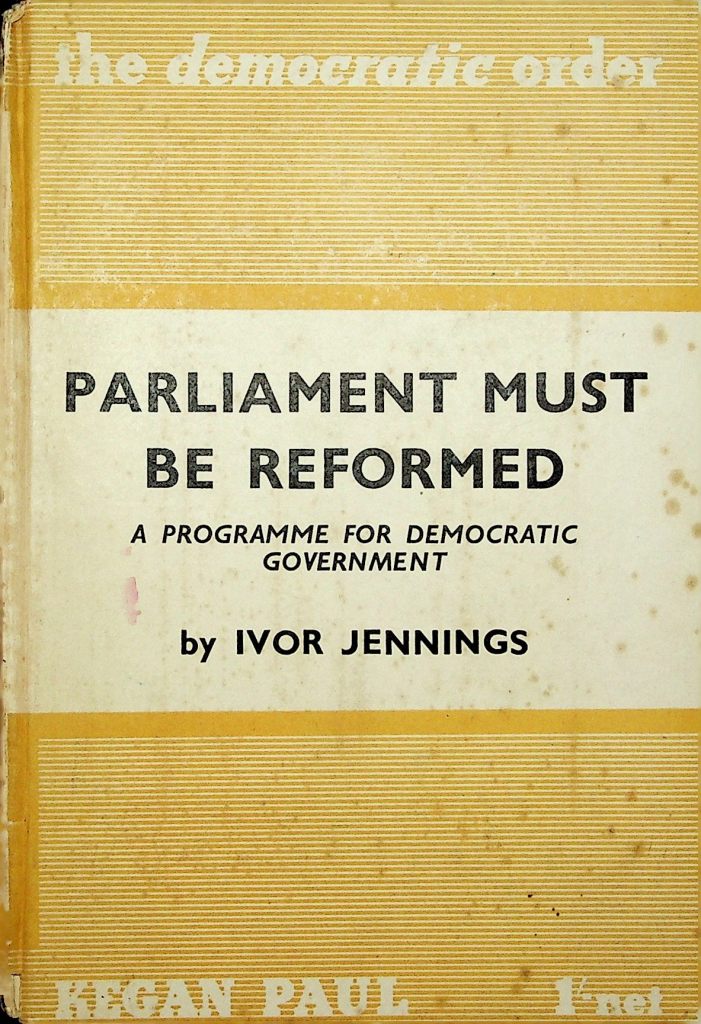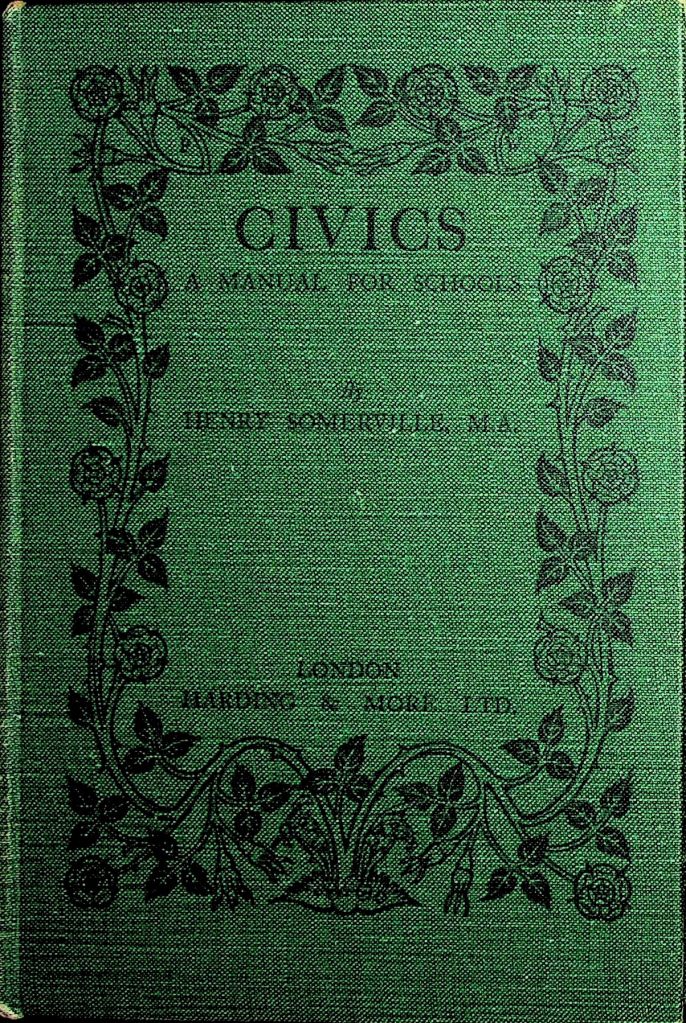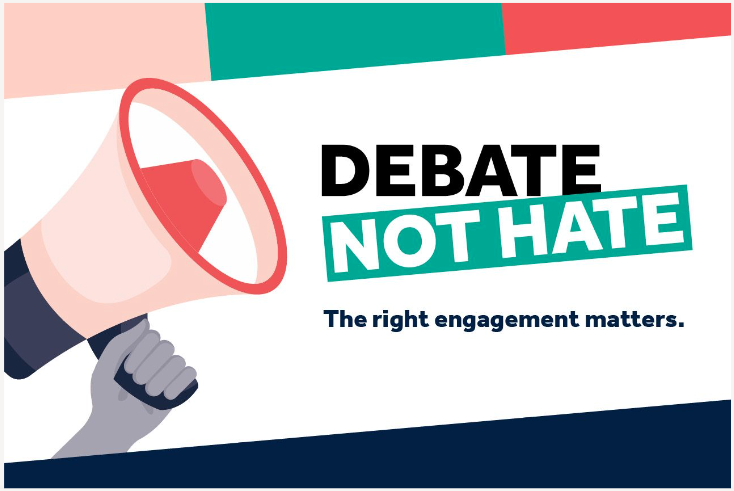This weekend is the first series of ‘Meet the candidates’ drop in sessions that I’ve organised for the Cambridge City Council elections – Polling Day is 2nd of May! But trying to engage with the general public? That’s a very different challenge.
We’ve had the two sets of hustings for the Cambridge City Council wards of
- Queen Edith’s (See the playlist of videos here)
- Romsey (See the video here by Cambridge Cracker, and from the other side of the room by Neil Mackay, the playlist here)
Next up are the informal drop-in sessions
- Queen Edith’s and Coleridge at Rock Road Library on Sat 27 April 2024 10am-2pm (so in just over 12 hours time…!
- Market Ward at Together Culture on Fitzroy Street by New Square opposite Waitrose, down the road from The Grafton Centre on Tues 30 April from 5pm-7pm
Which makes four out of the 14 wards having some sort of ‘meet the public’ event.
Above – a striking pair of statements reflecting the state of democracy and public engagement in Cambridge
They could indicate different things including:
- A desire for more opportunities to discuss local issues *irrespective* of which institution has the legal responsibility for it
- A need to simplify and consolidate governance structures because people are either not aware of the difference between city and county council responsibilities and/or the difference is irrelevant to them.
- We need to get better at educating society about how our institutions of state function and malfunction.
“Uh-uh – I don’t do politics!”
Some of you may remember the Electoral Commission advert from 2004. How do you begin to approach the general public if you are starting from this point?
Above – Electoral Commission UK (2004) TV advert.
The audience at the Queen Edith’s hustings this and last year was disproportionately older than me – and I’m in my mid-40s. There were no students that I could see from Homerton College even though they have halls of residence across the road from the venue used annually. Which makes me wonder why I forgot to ask the Principal of Homerton , Lord Woolley– who founded the charity Operation Black Vote, which I first picked up upon in the very late 1990s. Of all the people in Cambridge who knows the most about how to engage the public – and a reluctant demographic (with good reasons) in electoral politics, it’s probably him! Note to self: do something before the general election is called!
Flyering near the library trying to catch a cohort of parents near one of our primary schools just before they picked up their children, I noticed how many more seemed to be being picked up by elderly relatives compared with my generation of 1980s primary school children. Something that reflects the changing economic circumstances (in particular house prices requiring two wage-earning incomes and a huge deposit), and the changing role of women in society over the past half-century. One of the people I got talking to was a grandparent who knew my parents many moons ago.
The challenge remains: How do you engage with an electorate that is at work – and when they are at home are too exhausted to want to think about complex public policy issues?
Because let’s face it, some of our problems in Cambridge have been the result of broken consultation processes as much as broken governance structures. I can understand the frustration of public sector officials about low response rates when they run consultations or put on poorly-attended events, but our broken feedback loops have meant that institutions have not reflected on this and tried to change how they do things. Rather, all too often (and the Greater Cambridge Partnership has come in for much of the criticism here) they draw firm conclusions from responses containing very small and/or partial sample sizes based in part upon the campaign groups willing and able to mobilise their support to respond. But again, political decisions are influenced by those that turn up.
How do we make local democracy and related activities be things that are owned by the people of our city, and be seen as routine but important civic duties?
This is easier said than done, because for every suggestion there seems to be a major structural barrier. For example:
Get parents to take their children to the polling station
This is Cambridge – an international city with people from all over the world living and working here. Despite this, ministers have decided to make it harder for people to acquire citizenship and/or the right to vote in local elections – even though they may be net contributors to the Exchequer (they pay more in taxes and provide more in public services in employment, than they use in public services). So that’s automatically excluding one group of children.
Get the schools to emphasize how important voting is
Aside from the problem above re the bar on most adults from non-EU and non-Commonwealth countries from voting, we have the fragmentation of school administration away from local government to unaccountable academies with very weak systems of oversight via Central Government regional school commissioners. Therefore it’s not as simple as asking your county council (if in a two-tier area) to ask the Director of Education at Shire Hall to issue a notice to all schools in the county about the importance of civics and democracy.
Get adult education services to put on civics courses
I’ve asked the Combined Authority more than once. They’ve not got the budget and have shown little interest in pushing back on central government whose main focus is on basic skills and vocational skills. The looming General Election provides an opportunity for the electorate to press the case onto candidates and potentially an incoming government with different political values when it comes to education for democracy.
Get bookshops to stock books, and libraries to stock publications about practical politics.












Above – a selection of books most of which I gave away in return for participation in, and donations towards the Great Cambridge Crash Course workshops that I ran between September 2023-March 2024
Even then, running workshops and inviting people to take away a book from a fairly big range printed and published over the past 80 or so years does not guarantee that people will want to take one with them.
How do we persuade people to get involved in local democracy when big decisions on our city’s future, and big events where our city’s future is discussed, are so out of reach for all but the wealthiest?
My most recent blogpost reflects this:
- The £1,000+ per person conference in Leeds with the workshop about ensuring ‘Community’ is at the heart of the Cambridge Phenomenon
- The ministerial override for a major property development involving one of Cambridge’s most controversial developers – one that also involved overriding the objections from the Environment Agency – the Government’s own watchdog, on secure potable water supplies.
Yet such are the complexities involving restructuring how Cambridge is governed (as we are finding out the hard way with Cambs Unitaries) that even trying to make the case for better devolved local government is almost impossible. Especially when culturally we are hotwired into expecting ministers to deal with localised problems – something that ministers of all parties have been reluctant to say: “That is a local government issue for your local council to deal with. I cannot get involved because eg separation of powers/I have no legal powers/I should not meddle in local affairs.” Also, at this time of year, exchanges between MPs and ministers all too often involve slagging off a council run by an opposition party for quotations in local news outlets – despite the decline in local news media. And it’s not as if the online versions cover these things when that latest click-B8 piece on what Meg’n’Harry did next becomes required reading.
Where would you start if you were given responsibility for preparing an electorate for a future election?
Only with a general election looming, can more of us start thinking about what to do, how to do it, and not fall back on the traditional BBC Question-Time-style events?
If you are interested in the longer term future of Cambridge, and on what happens at the local democracy meetings where decisions are made, feel free to:
- Follow me on Twitter
- Like my Facebook page
- Consider a small donation to help fund my continued research and reporting on local democracy in and around Cambridge.
Interested in campaigning for a unitary council? See https://www.cambsunitaries.org.uk/

